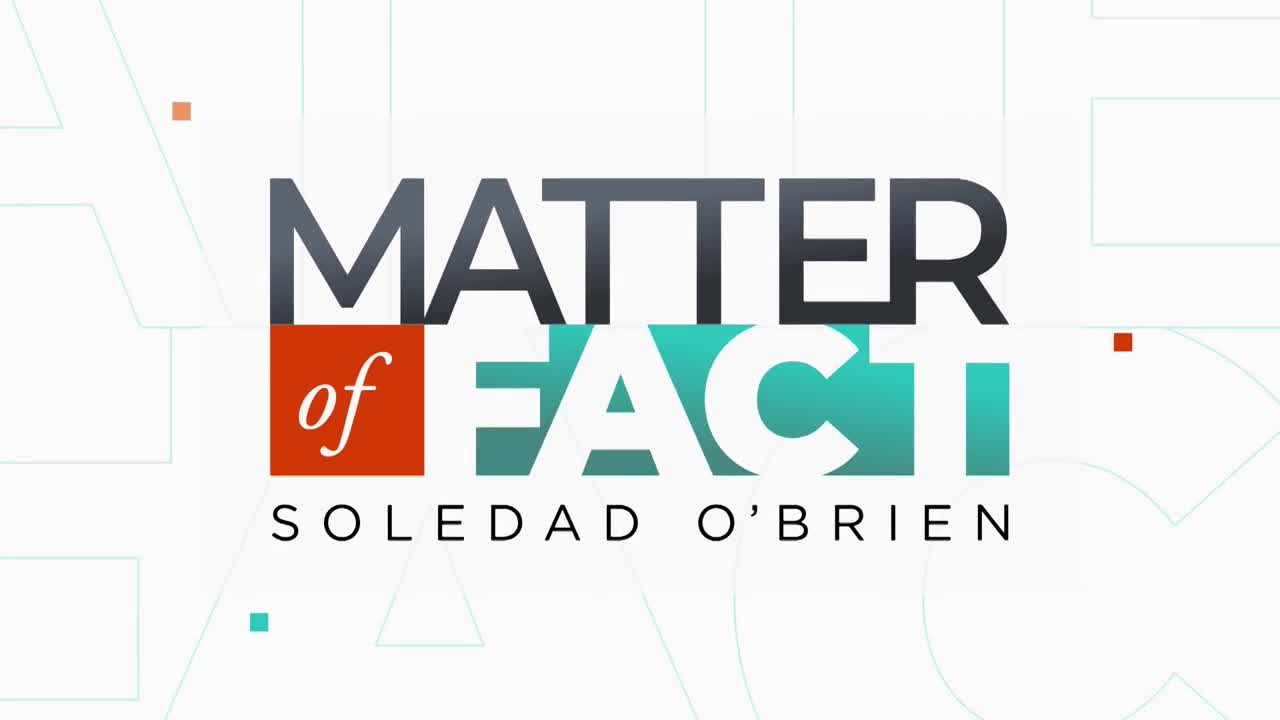
This week Matter of Fact travels to Michigan where small businesses owners are finding solutions to lower health care costs. Plus, an expert on presidential transitions breaks down the process. And, we travel to James Madison’s Montpelier estate to learn how archaeologists are digging to uncover the history of the people buried there.

This week Matter of Fact celebrates the holidays. An award-winning chef “decolonizes food” with a menu inspired by his indigenous roots. Plus, the story of America’s first two Black generals is now being told in full. And, a Library of Congress exhibit focuses on what we have in common.
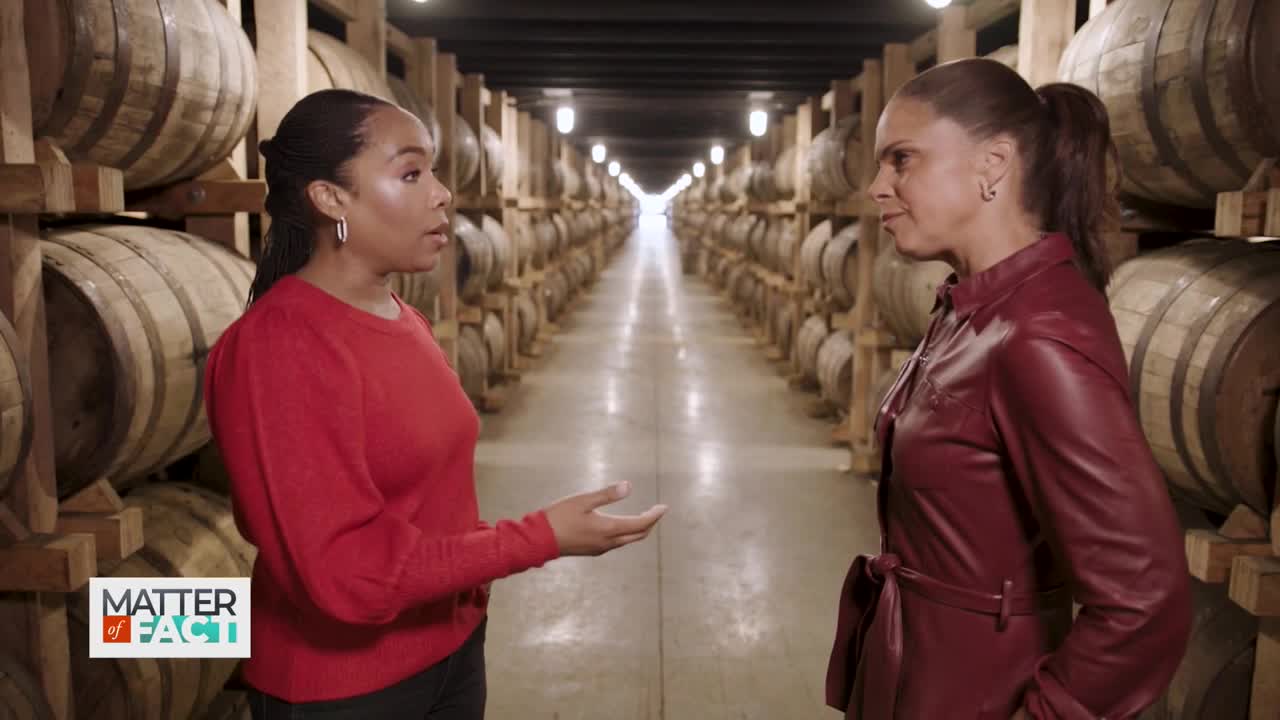
Fawn Weaver loves to tell fascinating stories. The first time we met her, she was researching the history of Nathan “Nearest” Green – the former slave who taught Jack Daniel how to distill whiskey. That interest turned into the creation of Uncle Nearest Premium Whiskey, which she co-founded in 2017. Now, Weaver is the first African American woman to head a major spirits brand, and Uncle Nearest is a billion-dollar business. Soledad O’Brien traveled to Shelbyville, Tennessee to talk to Weaver about the company’s mission to restore a legacy and increase diversity in the spirits industry.
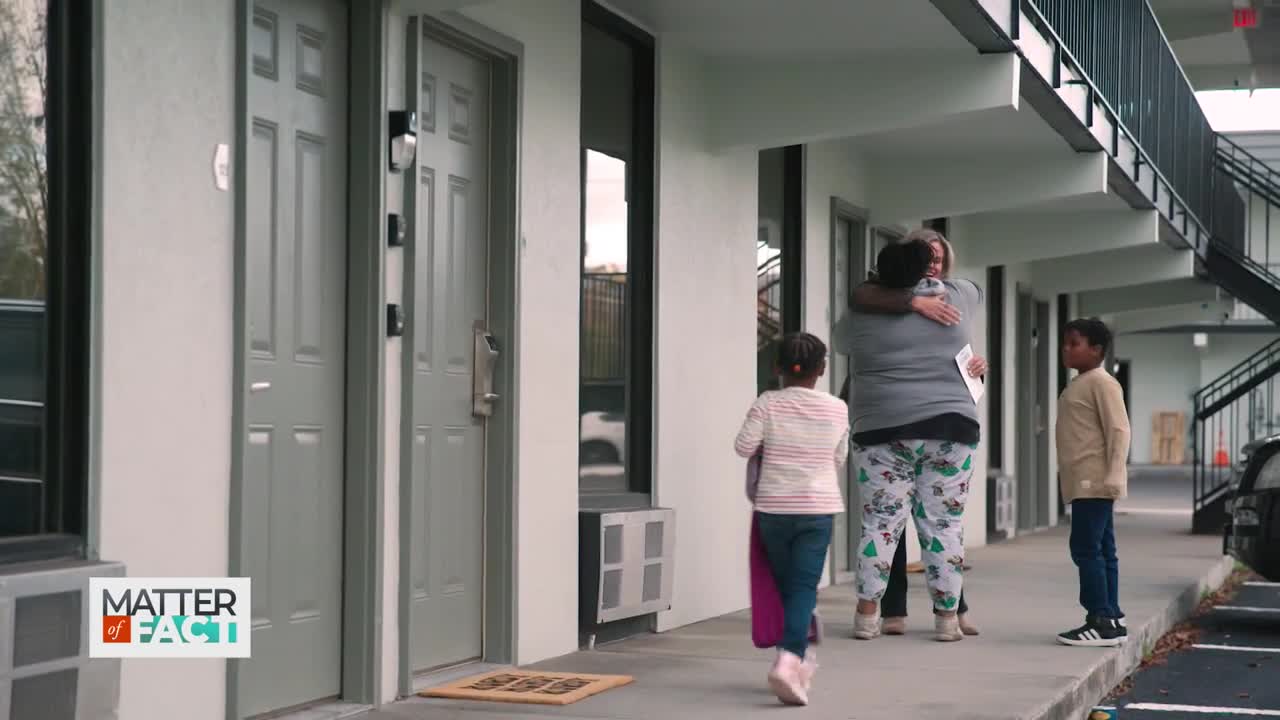
The demand for affordable housing is high, but it’s in low supply – forcing many into homelessness, including people with full-time jobs. In Knoxville, Tennessee, shelters are over capacity as residents struggle to afford skyrocketing rent prices. In part two of her reporting on the challenges of working while experiencing homelessness, correspondent Jessica Gomez explores potential solutions. She shows the city’s efforts to build more affordable housing and one organization‘s innovative plan to fill the gaps.

This week on Matter of Fact, a Knoxville organization takes a unique approach to help those priced out of the rental market. Plus, Native American tribes near the Colorado River finds a new way to use their water supply. And, how Uncle Nearest Premium Whiskey is diversifying the spirits industry.
Sunday 7:30 a.m.
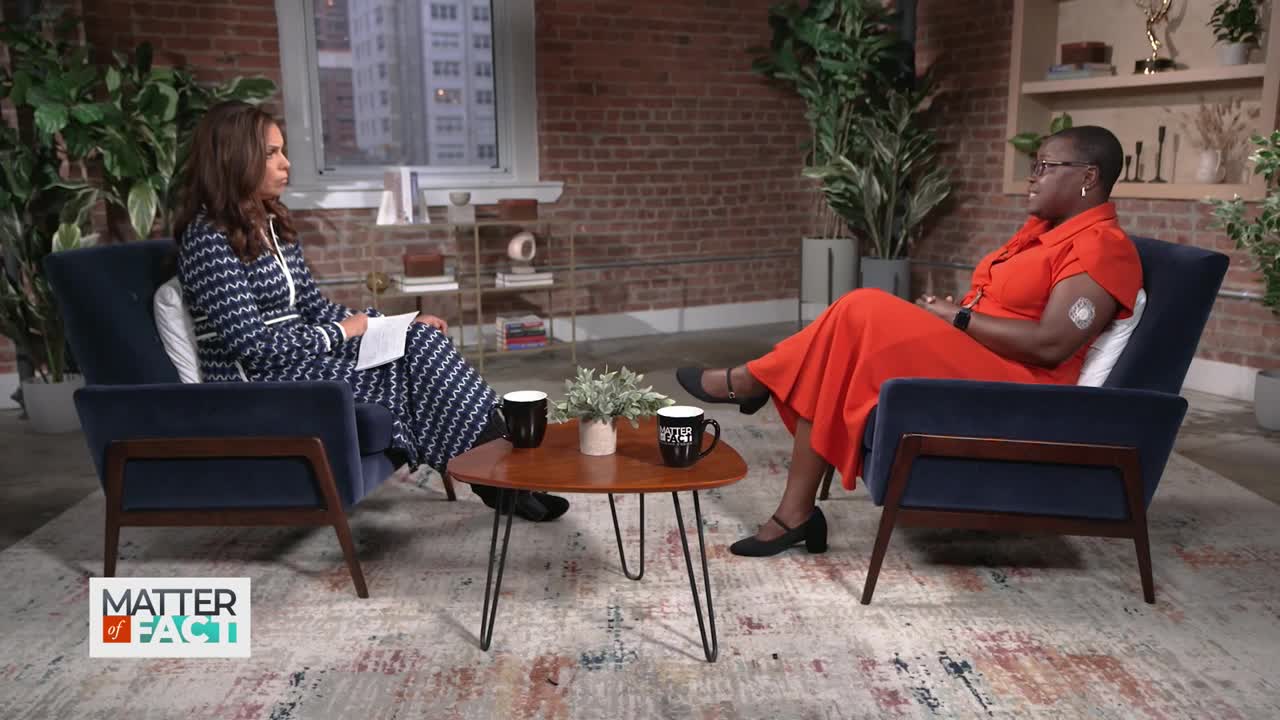
More than two years ago, the U.S. Supreme Court ended the constitutional right to abortion with the Dobbs decision. Now, more than half of all women — about 33 million — live in states where abortion is either banned or restricted. Reproductive rights and law will continue to evolve, including under the incoming Trump administration. Kimberly Mutcherson is a professor at Rutgers Law School, a visiting professor at Temple University’s Beasley School of Law and an expert in reproductive justice and law. She joins Soledad O’Brien in-studio to explain how abortion laws could change in the coming years.
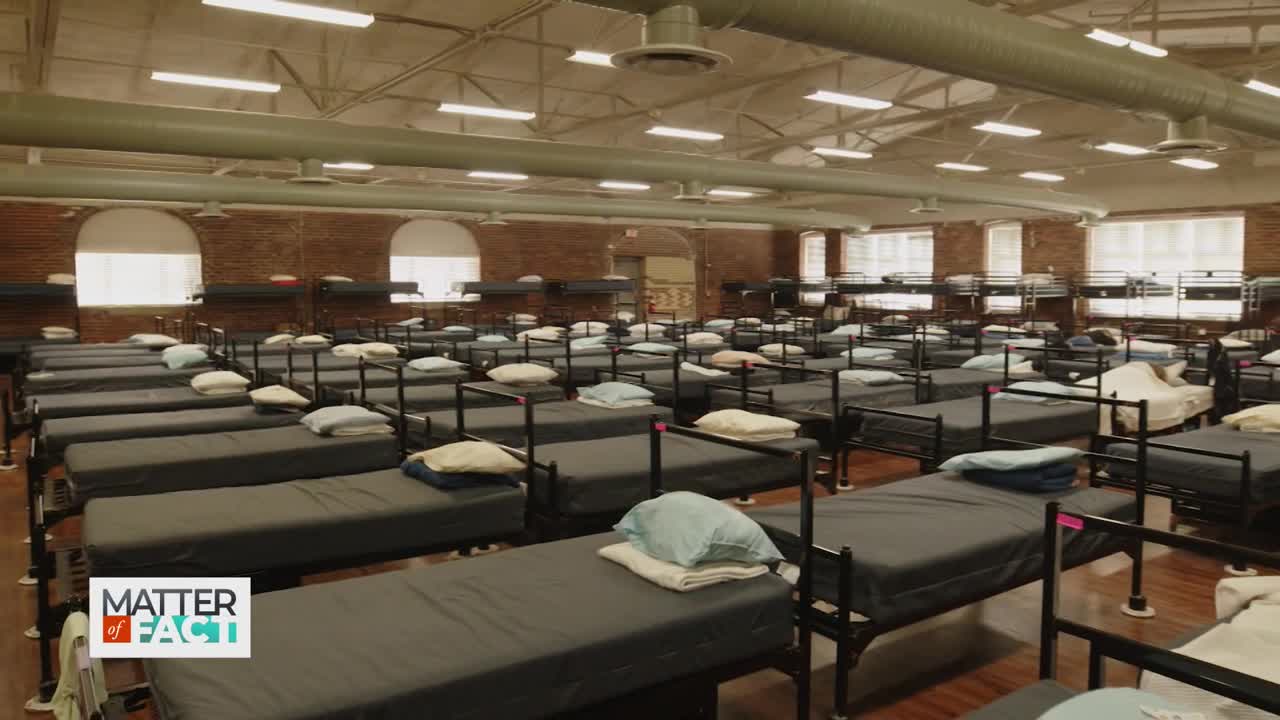
Qneshia Tweedy is a mother-of-three who worked as a district manager for a newspaper until the company downsized – leaving her without a job. Now, she works seven days a week as an online delivery worker but doesn’t make enough to make ends meet. Her story is like many others in the country. They work full-time jobs but can’t afford the high cost of housing – forcing them into homelessness. In the first installment of a two-part series, correspondent Jessica Gomez travels to Knoxville, Tennessee to speak to Tweedy and others in need of affordable housing.

This week Matter of Fact travels to Knoxville, Tennessee to meet people who are experiencing homelessness because their wages can’t cover the cost of rent. Plus, a family law scholar looks at the future of reproductive rights under the Trump administration. And, people over 50 deal with high student loan debt balances.
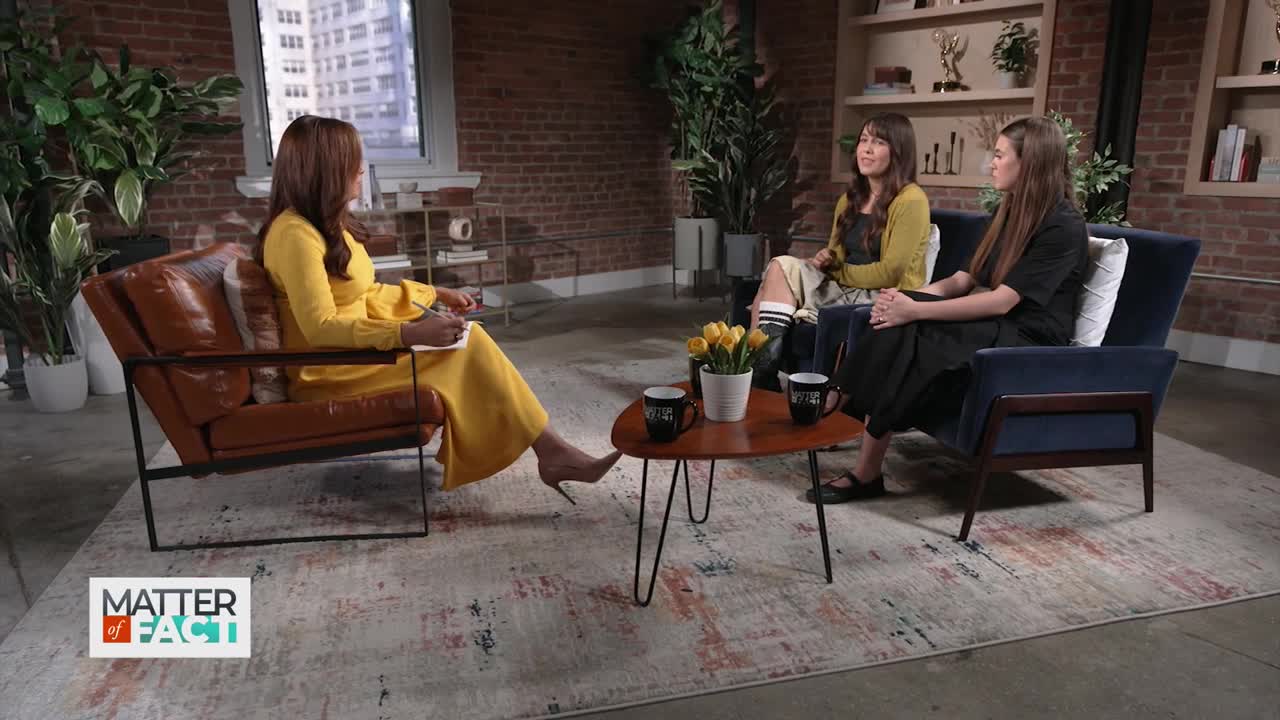
Logan Lane and Jameson Butler are two teens who choose to carry flip phones. Years ago, they were glued to their smartphones – spending several hours a day on social media. They felt depressed and disconnected from the world around them, so they made a change and stepped away from their technology. Now, they are helping their peers do the same. They join Soledad O’Brien in studio to explain how their group, the Luddite Club, helps young people reduce their screentime.